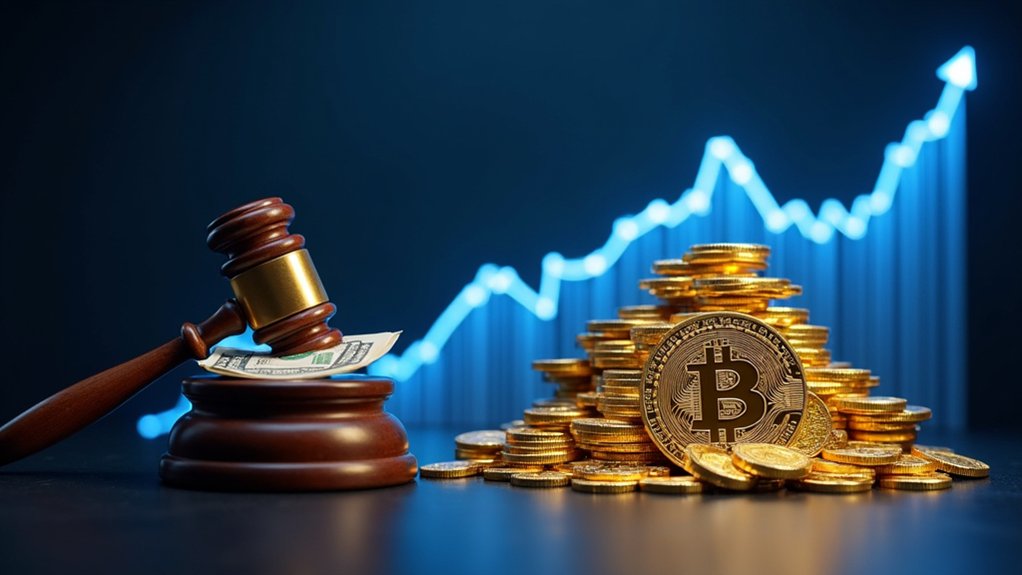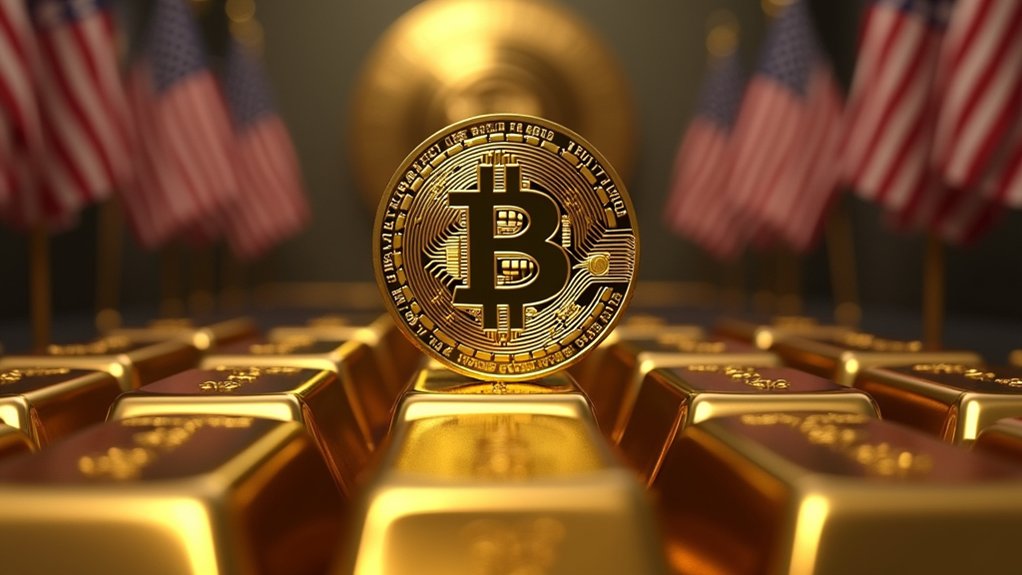The US government fumbled what might be the most expensive financial blunder in modern history. Between 2014 and 2015, they auctioned off approximately 50,000 Bitcoin seized from the notorious dark web marketplace Silk Road. The average sale price? A measly $270 per coin. Those same Bitcoin today are worth over $4.4 billion. Talk about missing out.
When the feds sold Bitcoin at $270, they missed a $4.4 billion payday. Oops doesn’t quite cover it.
The saga began in 2013 when federal agents seized 144,000 Bitcoin from Silk Road, valued at just $48 million at the time. The black market’s founder, Ross Ulbricht, eventually received a life sentence, while the government faced a new problem: what to do with all that crypto.
Their solution was simple. Sell it. Fast. Through four separate auctions, the US Marshals Service offloaded the digital assets, generating about $13.5 million in proceeds. Venture capitalist Tim Draper scooped up the majority of the coins. Smart guy.
What the government didn’t anticipate was Bitcoin’s explosive growth—a staggering 16,296% increase since those auctions. This dramatic rise in value stems from Bitcoin’s built-in scarcity and increasing institutional adoption over time. The potential gains missed? Roughly $4.39 billion. Hindsight is brutal.
To be fair, cryptocurrency was still the Wild West back then. Regulations were sparse, and nobody really knew if Bitcoin would become valuable or worthless. The government followed standard procedure for seized assets: liquidate quickly, ask questions never.
The auctions themselves actually helped legitimize Bitcoin, drawing institutional investors and creating market awareness. Ironic, considering the government’s costly mistake.
Despite this expensive lesson, Uncle Sam still holds significant crypto assets—an estimated 205,515 Bitcoin worth approximately $18 billion at current prices. These holdings come from various criminal seizures over the years. Similarly, the government recently transferred 10,000 BTC to Coinbase Prime that were confiscated from Zhong, who had fraudulently obtained them from Silk Road in 2012.
The Bitcoin saga prompted changes in government thinking. Officials have developed more sophisticated approaches to managing digital assets and are debating strategic holding strategies. Some even suggest creating a national Bitcoin reserve.
One thing’s certain: nobody at the US Marshals Service is putting “$270 Bitcoin seller” on their resume anytime soon.





